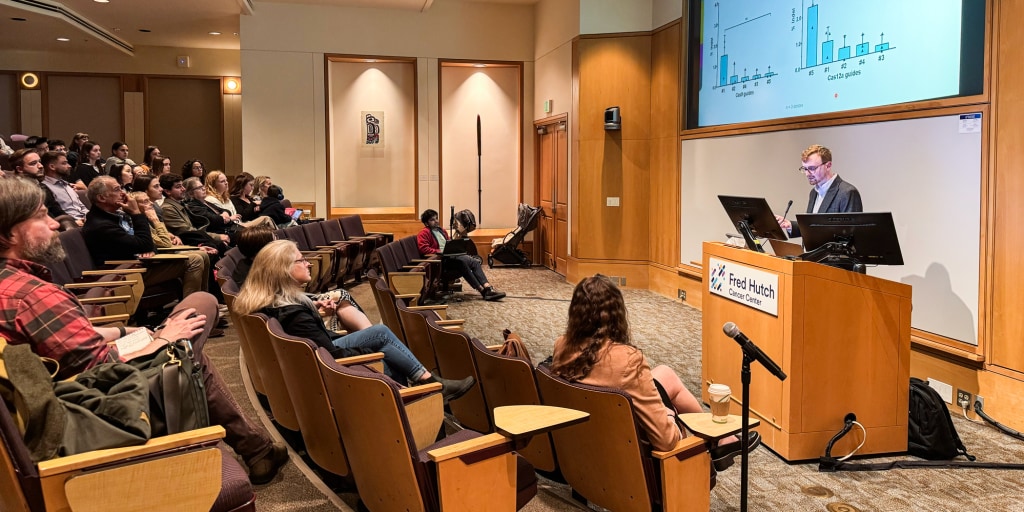
A wave of federal funding cuts under former President Donald Trump’s administration is leaving a profound impact on scientific research institutions across the United States, with the University of Washington (UW) emerging as one of the most affected centers. Researchers at UW are reporting significant challenges, including staff reductions, project delays, and the emigration of talented postdoctoral fellows seeking better opportunities abroad.
The reductions in funding primarily impact grants from major governmental agencies like the National Institutes of Health (NIH) and the National Science Foundation (NSF), which serve as the lifeblood of academic research across the country. According to current and former researchers at UW, these financial constraints are forcing laboratories to downsize, some for the first time in decades.
“In the past year alone, we’ve had to scale down two major projects and let go of talented researchers due to lack of funds,” said Dr. Lillian Tran, a lead biochemistry researcher at the University of Washington. “This not only slows our progress but also affects the morale of everyone involved.”
The consequences are not limited to job losses. Talented postdoctoral researchers, who often rely on these grants for salaries and resources, are leaving the United States for academic institutions in Europe, Canada, and Asia, where research opportunities remain more stable. The long-term implication is a potential brain drain from the American scientific community.
Students and junior scientists, who are the future of research, are also reconsidering career paths due to the unpredictability of research funding. In some departments at UW, positions remain unfilled, and experimental projects have been paused indefinitely.
While some university officials hope future administrations and Congress will restore or increase scientific funding, many researchers fear a permanent shift in the global landscape of innovation. “Science thrives on consistency and long-term investment,” Dr. Tran noted. “Without that, our ability to lead in global innovation and healthcare discoveries is in real jeopardy.”
The situation at the University of Washington illustrates a broader pattern across public research universities nationwide, reflecting how national policy decisions can have deep, lasting effects on scientific advancement and the lives of those who dedicate themselves to it.
Source: https:// – Courtesy of the original publisher.






